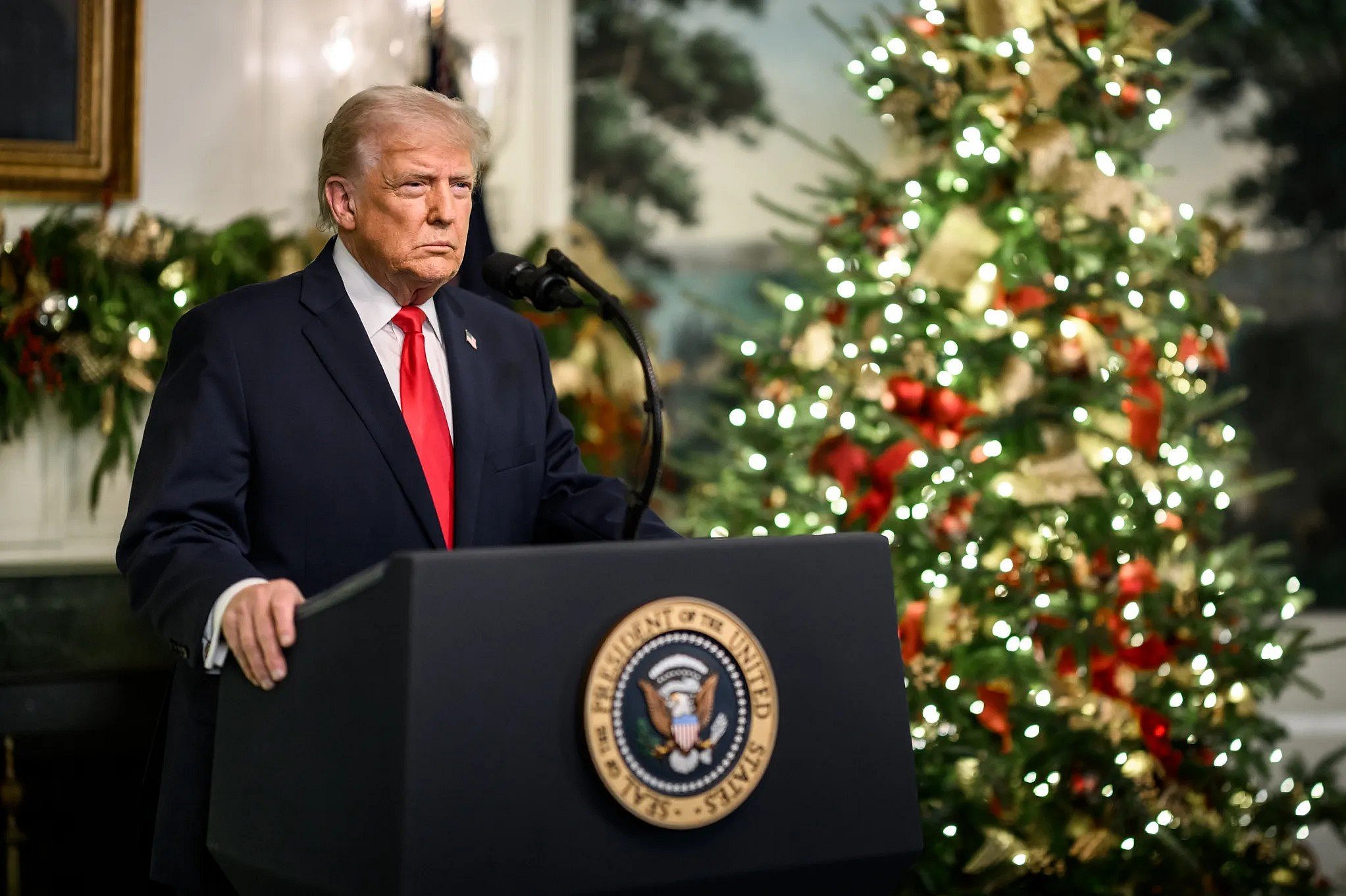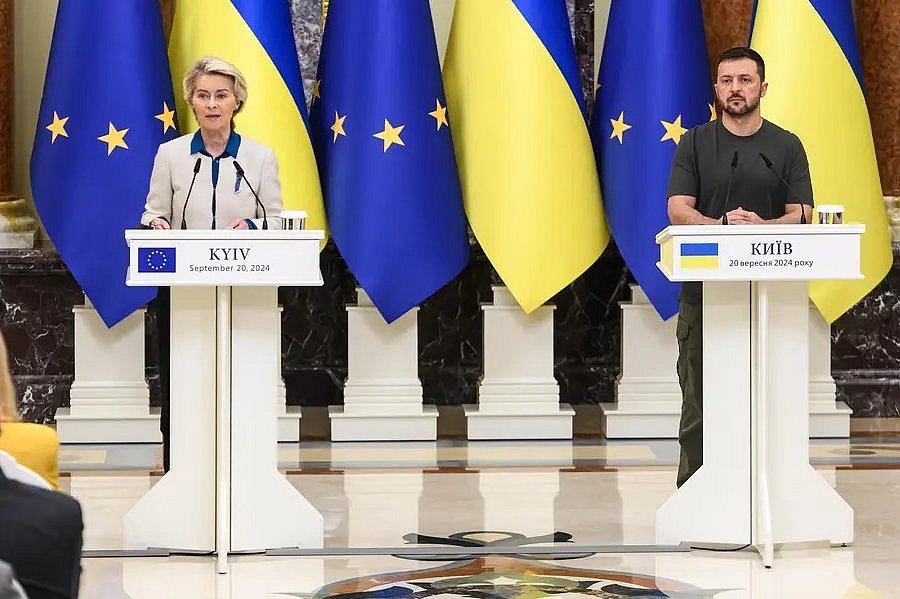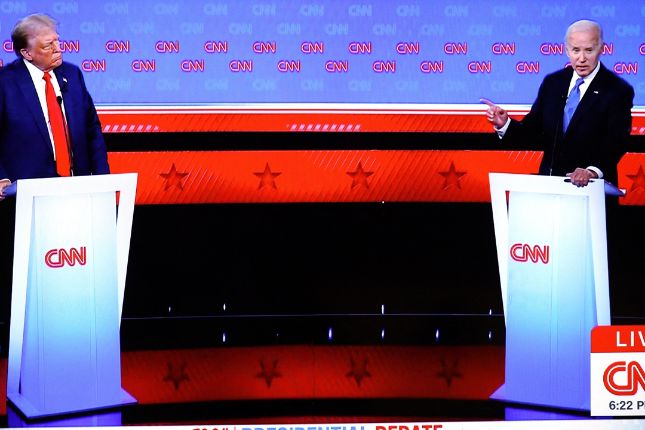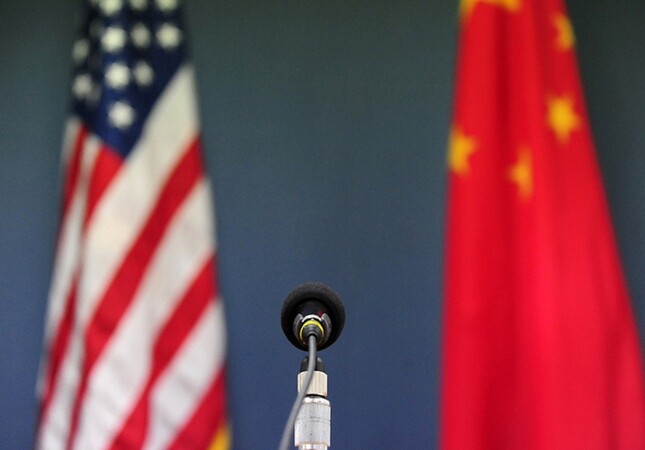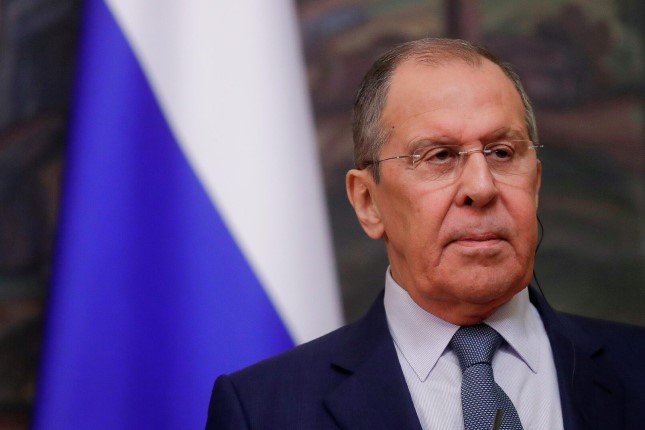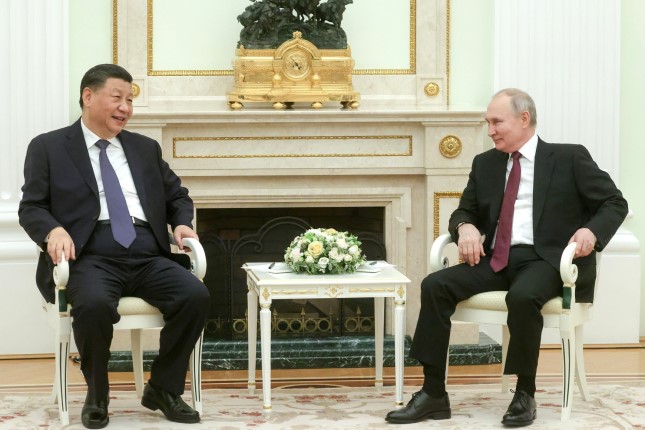The shock oil production cuts from May outlined by the OPEC+ on Sunday essentially means that eight key OPEC countries decided to join hands with Russia to reduce oil production, signaling that OPEC and OPEC+ are now back in control of the oil market.
No single oil producing country is acting as the Pied Piper here. The great beauty about it is that Saudi Arabia and seven other major OPEC countries have unexpectedly decided to support Russia’s efforts and unilaterally reduce production.
While the eight OPEC countries are talking about a reduction of one million barrels a day from May to the end of the year, Russia will extend for the same period its voluntary adjustment, which started in March, by 500,000 barrels.
Now, add to this the production adjustments already decided by the OPEC+ previously, and the total additional voluntary production adjustments touch a whopping 1.6 million barrels a day.
What has led to this? Fundamentally, as many analysts had forewarned, the Western sanctions against Russian oil created distortions and anomalies in the oil market and upset the delicate ecosystem of supply and demand, which were compounded by the incredibly risky decision by the G7, at the behest of the U.S. Treasury, to impose a price cap on Russia’s oil sales abroad.
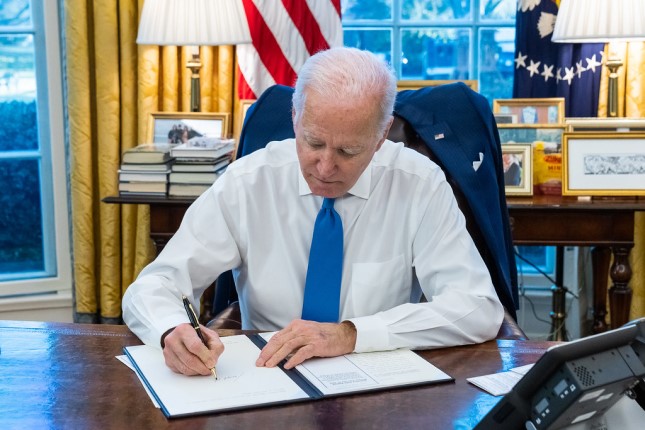
U.S. President Joe Biden signing an executive order adding more sanctions on Russia, Feb. 18, 2022. Photo: White House / Erin Scott.
On top of it, the Biden administration’s provocative moves to release oil regularly from the U.S. Strategic Petroleum Reserve in attempts to micromanage the oil prices and keep them abnormally low in the interests of the American consumer as well as to keep the inflationary pressures under check turned out to be an affront to the oil-producing countries whose economies critically depend on income from oil exports.
The OPEC+ calls the production cuts “a precautionary measure aimed at supporting the stability of the oil market.” In the downstream of the OPEC+ decision, analysts expect the oil prices to rise in the short term and pressure on Western central banks to increase due to the possible spike in inflation.
What stands out in the OPEC+ decision is that Russia’s decision to reduce oil production by the end of the year has been unanimously supported by the main Arab producers. Independent but time-coordinated statements were made by Saudi Arabia, the U.A.E., Kuwait, Iraq, Algeria, Oman and Kazakhstan, while Russia confirmed its intention to extend until the end of the year its own production reduction.
Significantly, these statements have been made precisely by those largest oil producers in OPEC, who have a record of fully utilizing their existing quota. Put differently, the reduction in production is going to be real, not just on paper.
Banking Crisis in US & Europe

Credit Suisse, Paradeplatz in Zurich, 2019. Photo: Ank Kumar / CC BY-SA 4.0 / Wikimedia Commons.
Partly at least, the banking crisis in the U.S. and Europe prompted the OPEC+ to intervene. Although Washington will downplay it, in March, Brent oil prices fell to $70 per barrel for the first time since 2021 amid the bankruptcy of several banks in the U.S. and the near-death experience of Credit Suisse, one of the largest banks in Switzerland. The events sparked concern about the stability of the Western banking system and fear of a recession that would affect oil demand.
There is every likelihood that tensions may increase between the U.S. and Saudi Arabia as higher oil prices will push inflation and make it even more difficult for the U.S. Federal Reserve to find a balance between raising the key rate and maintaining financial and economic stability.
Equally, the Biden administration must be furious that practical cooperation is continuing between Russia and the OPEC countries, especially Saudi Arabia, despite the West’s price cap on Russian oil and Moscow’s decision last month to unilaterally cut production.
The Biden administration has only a limited range of options to respond to the OPEC+’s surprise move: one, go for another release of oil from the Strategic Petroleum Reserve; two, pressure U.S. producers to increase domestic oil output; three, back legislation that would allow the U.S. to take the dramatic step of suing OPEC nations; or, four, curb U.S. exports of gasoline and diesel.

Pumpjack outside Midland, Texas. Photo: Eric Kounce / Public domain / Wikimedia Commons.
To be sure, the OPEC+ production cut goes against the Western demand to increase oil output even as sanctions were imposed against Russian oil and gas exports. On the other hand, the disruption in oil supplies from Russia contributed to the rising inflation in the EU countries.
The U.S. wanted the Gulf Arab states to step in and step-up oil production. But the latter did not oblige because they felt that there wasn’t enough economic activity in the West and there were clear signs of recession contrary to expectation.
Thus, as a result of the sanctions against Russia, Europe is facing the complex situation of inflation and near-recession known as stagflation. In reality, the adaptive and agile OPEC + read the situation correctly and has shown that it is willing to act ahead of the curve. At a time when the world economy is struggling to grow at a healthy rate, the demand for oil would be relatively less, and it makes sense to cut oil production to maintain the price balance.
All that the Western leaders can complain about is that the OPEC+ cut in oil output has come at an inappropriate time. But the woes of Western economies cannot be laid at the door of OPEC+ as there are inherent problems which are now coming to the surface. For instance, the large-scale protests in France against pension reform or the widespread strikes in Britain for higher wages show that there are deep structural problems in these economies, and the governments seem helpless in tackling them.
In geopolitical terms, the OPEC+ move came after a meeting between Russian Deputy Prime Minister Alexander Novak and Saudi Energy Minister Prince Abdulaziz bin Salman in Riyadh on March 16 that focused on oil market cooperation. Therefore, it is widely seen as the tightening of the bond between Russia and Saudi Arabia.
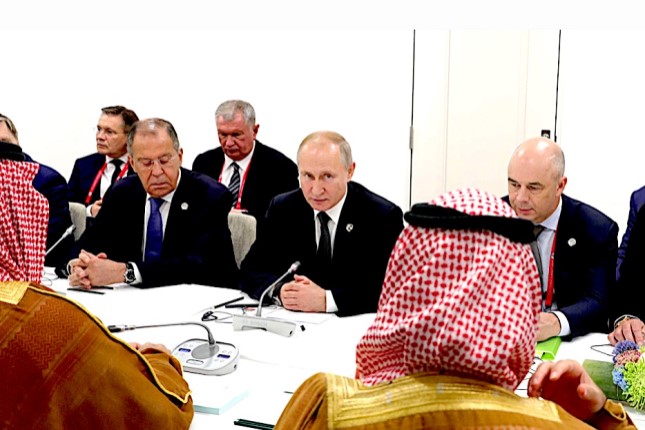
Russian President Vladimir Putin meeting with Crown Prince and Defence Minister of Saudi Arabia Mohammad bin Salman Al Saud in 2019. Photo: Kremlin.
In fact, in May, as the largest members of OPEC join Russia in its unilateral reduction, the balance of quotas and the ratio of market shares between and amongst the participants in the OPEC + deal will return to the level set when it was concluded in April 2020.
The big question is, how Moscow might profit from the OPEC+ decision. The rise in crude oil prices particularly benefits Russia.
Simply put, the production cuts will tighten up the oil market and thus help Russia to secure better prices for the crude oil it sells.
Second, the new cuts also confirm that Russia is still an integral and important part of the group of oil producing countries, despite the Western attempts to isolate it.
Third, the consequences of Sunday’s decision are all the greater because, unlike the previous cuts by the OPEC+ group at the height of the pandemic or last October, today, the momentum for global oil demand is up, not down — what with a strong recovery by China expected.
That is to say, the surprise OPEC+ reduction further consolidates the Saudi-Russian energy alliance, by aligning their production levels, thus placing them on equal footing. It is a slap in the face for Washington.
Make no mistake, this is another signal regarding a new era where the Saudis are not afraid of the U.S. anymore, as the OPEC “leverage” is on Riyadh’s side. The Saudis are only doing what they need to do, and the White House has no say in the matter. Clearly, a recasting of the regional and global dynamics that has been set in motion lately is gathering momentum. The future of the petrodollar seems increasingly uncertain.
Main photo: OPEC headquarters in Vienna © incent Eisfeld, CC BY-SA 4.0, Wikimedia Commons.
Source: Consortium News.




















